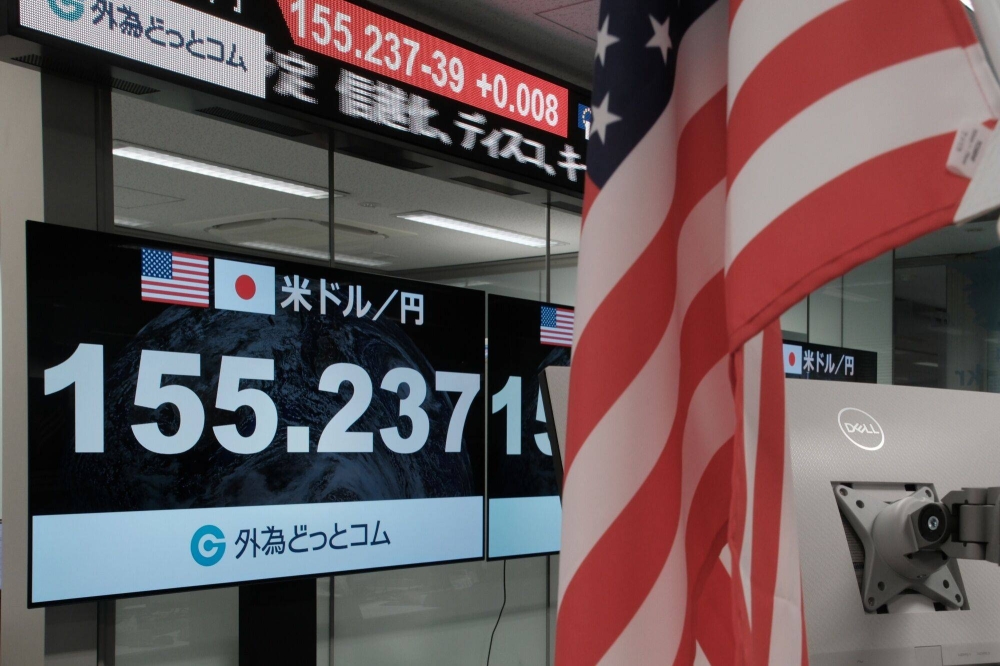Pot legalization in the U.S. seems both inevitable and impossible
Some top Democrats in the Senate, led by Majority Leader Chuck Schumer, unveiled a proposal earlier this month to end the federal prohibition of marijuana and expunge the records of those with nonviolent pot-related offenses. The bill faces steep odds of passing through a divided Congress, but the simple fact that some of the most prominent lawmakers in Washington have backed the plan shows how dramatically views on pot have changed in a short period of time.
Over the past two decades, marijuana legalization has transformed from a fringe issue to one that a substantial majority of Americans embrace. In 2000, less than a third of the public said pot should be legal for recreational use, compared with nearly 70 percent today. That swing in public opinion has coincided with changes to laws across the country. Until 2012, recreational pot use was banned in all 50 states. It’s now allowed in 18 states and Washington, D.C. Almost half of the U.S. population lives in a jurisdiction where marijuana is legal. A total of 36 states and D.C. have also legalized medical marijuana.
Despite how rapidly the tide has shifted at the state level, little has changed in national marijuana policy. Pot remains illegal under federal law and is still classified as a Schedule I drug, a category reserved for narcotics with no medical uses and a high potential for abuse, like heroin. This patchwork of laws has allowed a multibillion-dollar marijuana industry to explode in parts of the country while other Americans sit in prison for cannabis-related crimes.
























